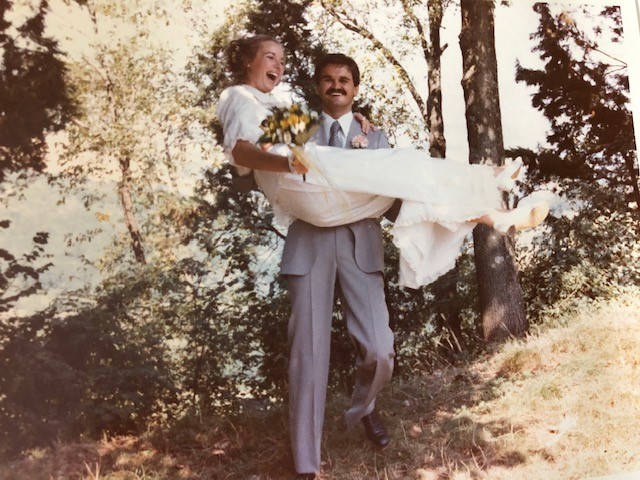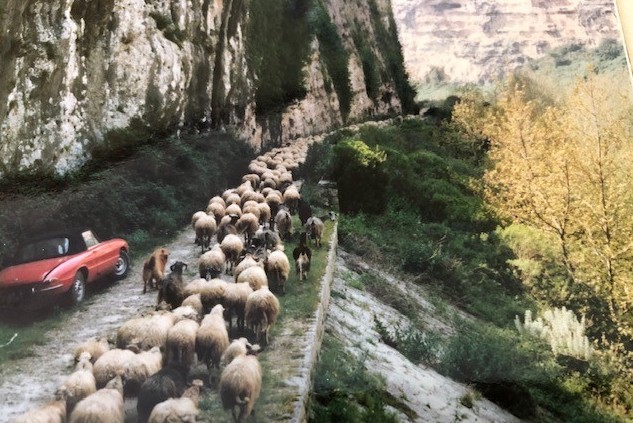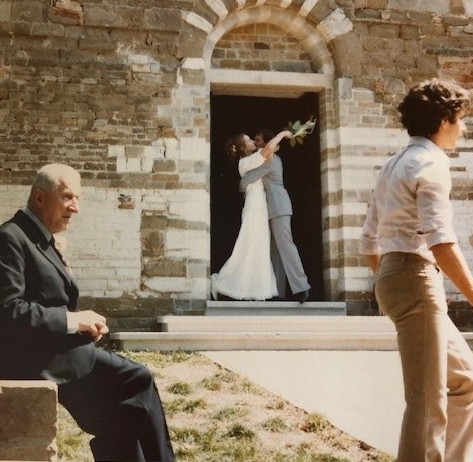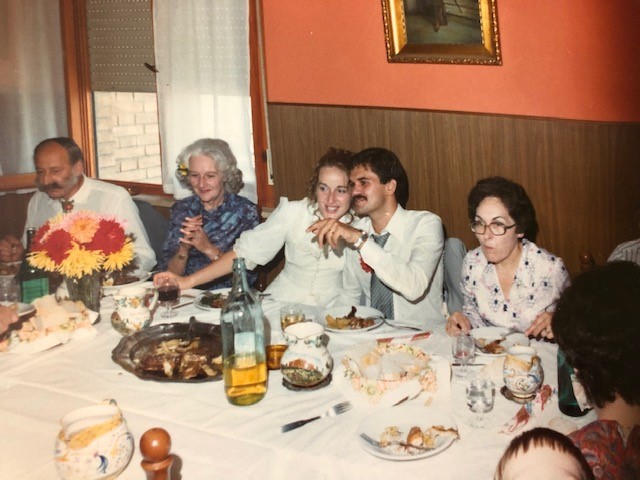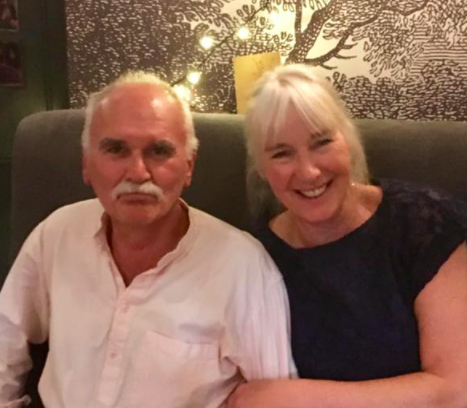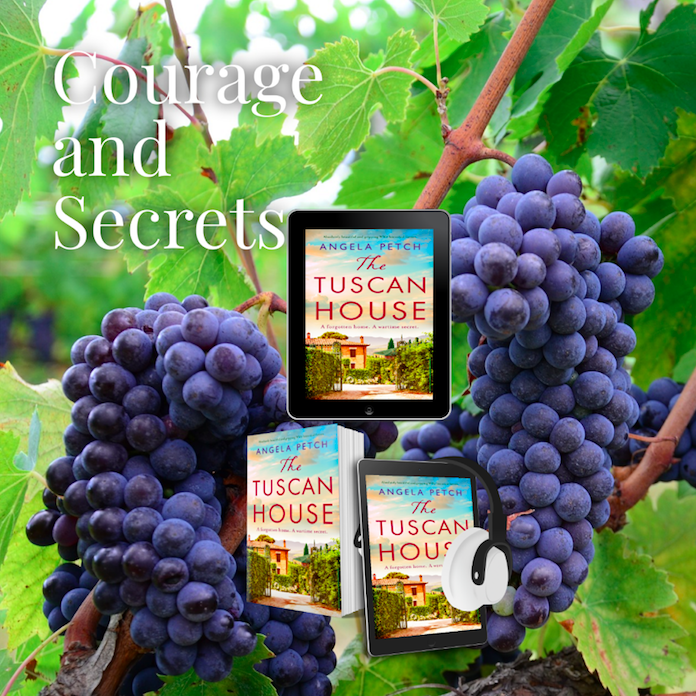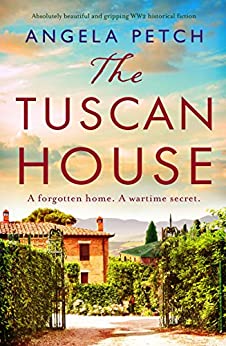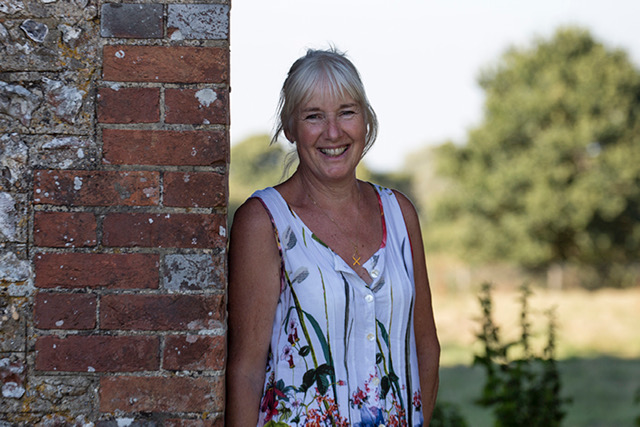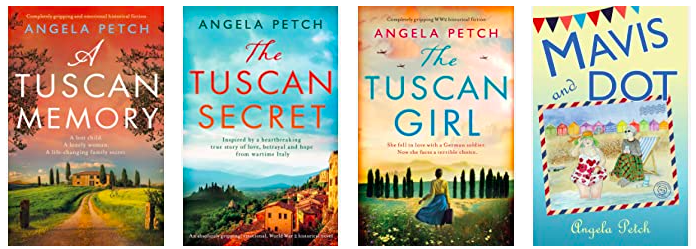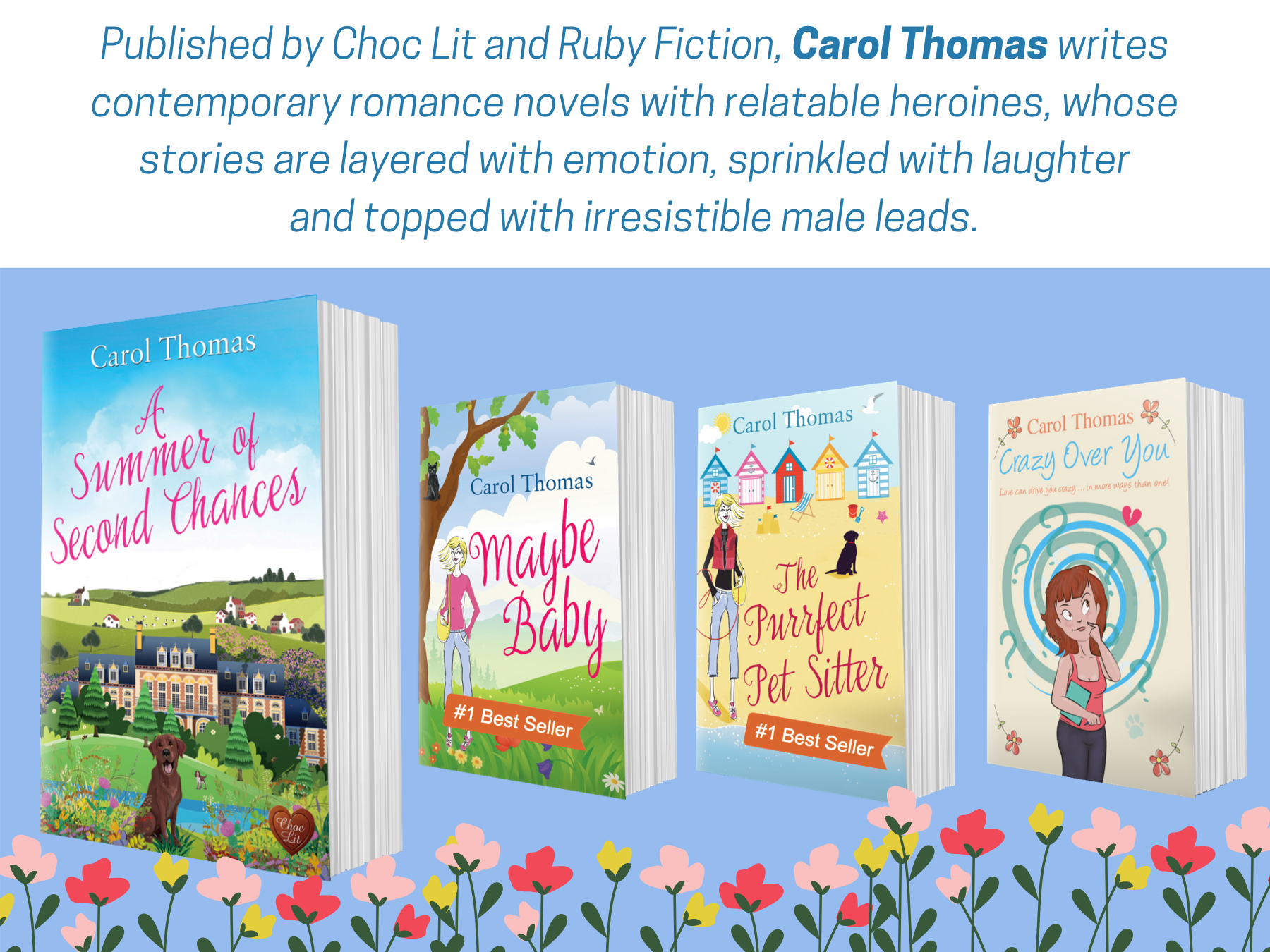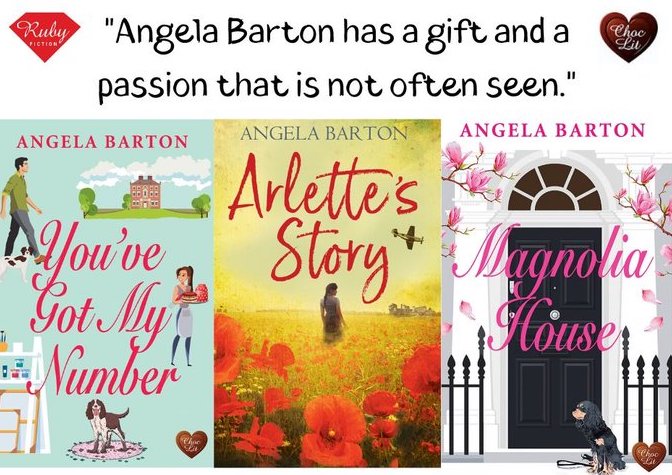It is always a pleasure to have the lovely Angela Petch as a guest on my blog, and this is no exception as she shares her best day. Reading it left me with a big smile. Over to you, Angela …
I loved my wedding day in Italy on September 8th1977.
Maurice and I met when we were working in Sicily. Ours was a whirlwind romance. I’d arrived in Sicily heartbroken after I’d discovered my boyfriend was two-timing me. I immediately applied for a job that took me away from England.
I can honestly say that it was love at first sight when I met him. One of those moments straight out of a romantic novel: when your stomach does that zingy thing and your heart stops beating for a couple of seconds. But I’ve given up men, my mind whispered. My heart decided otherwise.
It was a romantic courtship. He made the mistake of announcing that he liked bread and butter pudding. I phoned my mother for a recipe (no WhatsApp or mobile phones back then) and the poor boy was besieged with dishes of the stuff most Monday mornings (his office was next to mine).
We toured Sicily in his red Alfa Romeo Spyder which leaked in the rain. Our favourite place was Pantalica, an ancient site where rockfaces were potted with Neolithic tombs, like little caves. The only way to reach it was along a disused railway track and we only ever saw an occasional shepherd tending to his flock. Today it is a UNESCO site. Sicily was unexplored and wild back then.
Our contracts came to an end and we decided to marry in northern Italy in a village near Urbino (where Maurice’s Italian mother comes from), before going to work in Tanzania for three years. Neither of us wanted a big fancy wedding.
I composed a poem in English and Italian and hand-wrote the invitations. My dress was handmade with material I bought in Palermo. I was brought up Roman Catholic and we made our vows in a little twelfth century church opened specially for us. Our immediate families drove from England and we had a very small reception in a local restaurant. My mother baked a three-tier wedding cake which miraculously arrived in one piece.
It was a special day. There was no formal photographer – as our wedding photos show – but I think they capture our happiness.
Aw, Angela, before we move on I have to say how much I enjoyed reading your wonderful post. It reads like a classic love story and it made me go in search of the picture I have of the two of you from 2018 (taken just over 41 years after your wedding day)!
And now I’ve stopped gushing (I do enjoy a love story), I’ll hand back to you, Angela, to tell us a little about the weddings in your best selling Tuscan novels:
In my first book, The Tuscan Secret, the story ends with a happily-ever-after-wedding. In A Tuscan Memory, there is a hurried wedding and the atmosphere is subdued. On the first night, the young groom “pulled a blanket from the chest and slept on the floorboards”.
I left the ending of The Tuscan Girl ambiguous but a couple of readers were disappointed that there wasn’t a definite happy ending.
If you would like to find out if there is a wedding in my latest book, The Tuscan House, you’ll have to read it.
Having read and enjoyed The Tuscan Memory and A Tuscan Secret I can’t wait to read The Tuscan House which was released on April 7th. HUGE congratulations, Angela (I hope you celebrated in style)!
For those who would like to know more about Angela’s latest release here is the blurb:
Corbello, Italy, 1947. A woman and a little boy stagger into the ruins of an old house deep in the forest, wild roses overwhelming the crumbling terracotta walls. Since the war, nowhere has been safe. But they both freeze in shock when a voice calls out from the shadows…
For young mother Fosca Sentino, accepting refuge from reluctant British war hero Richard – in Tuscany to escape his tragic past – is the only way to keep her little family safe. She once risked everything to spy on Nazi commanders and pass secret information to the resistenza. But after a heartbreaking betrayal, Fosca’s best friend Simonetta disappeared without trace. The whole community was torn apart, and now Fosca and her son are outcasts.
Wary of this handsome stranger at first, Fosca slowly starts to feel safe as she watches him play with her son in the overgrown orchard. But her fragile peace is shattered the moment a silver brooch is found in the garden, and she recognises it as Simonetta’s…
Fosca has always suspected that another member of the resistenza betrayed her. With Richard by her side, she must find out if Simonetta is still alive, and clear her own name. But how did the brooch end up at the house? And with a traitor hiding in the village, willing to do anything to keep this secret buried, has Fosca put herself and her young son in terrible danger?
An absolutely gripping and heartbreaking page-turner that explores the incredible courage of ordinary people in extraordinary times. Perfect for fans of Rhys Bowen, The Nightingale, and anyone longing to lose themselves in the mountain landscapes and olive groves of rural Tuscany.
Thank you again for stopping by Angela and for sharing your best day. xx
About the author:
Published by Bookouture, Angela Petch is an award winning writer of fiction – and the occasional poem.
Every summer she moves to Tuscany for six months where she and her husband own a renovated watermill which they let out. When not exploring their unspoilt corner of the Apennines, she disappears to her writing desk at the top of a converted stable. In her Italian handbag or hiking rucksack she always makes sure to store notebook and pen to jot down ideas.
The winter months are spent in Sussex where most of her family live. When Angela’s not helping out with grandchildren, she catches up with writer friends.
Angela’s gripping, WWII, Tuscan novels are published by Bookouture. While her novel, Mavis and Dot, was self-published and tells of the frolics and foibles of two best-friends who live by the seaside. Angela also writes short stories published in Prima and People’s Friend.
And finally, here’s five quick questions I asked Angela for fun:
Trainers or heels? Definitely trainers. I love walking. In Italy we explore the mountains and in Sussex, the sea and the Downs. Bliss!
Early morning or late at night? Early, but not too early. That first cuppa and a new start to the day.
Favourite biscuit? My sister’s home-made ginger biscuits. Melt in the mouth.
Full English or Continental? Even though I was once a B and B landlady and had to cook fry-ups for my guests, I prefer a slow continental: crispy warm croissants (in France, they always seem to taste better) and good coffee.
Netflix of cinema? Netflix, by a roaring fire, on a comfortable settee, with a glass of wine.
And you can discover more about Angela Petch and her writing here: Facebook | Twitter | website | Amazon | Apricot Plots

